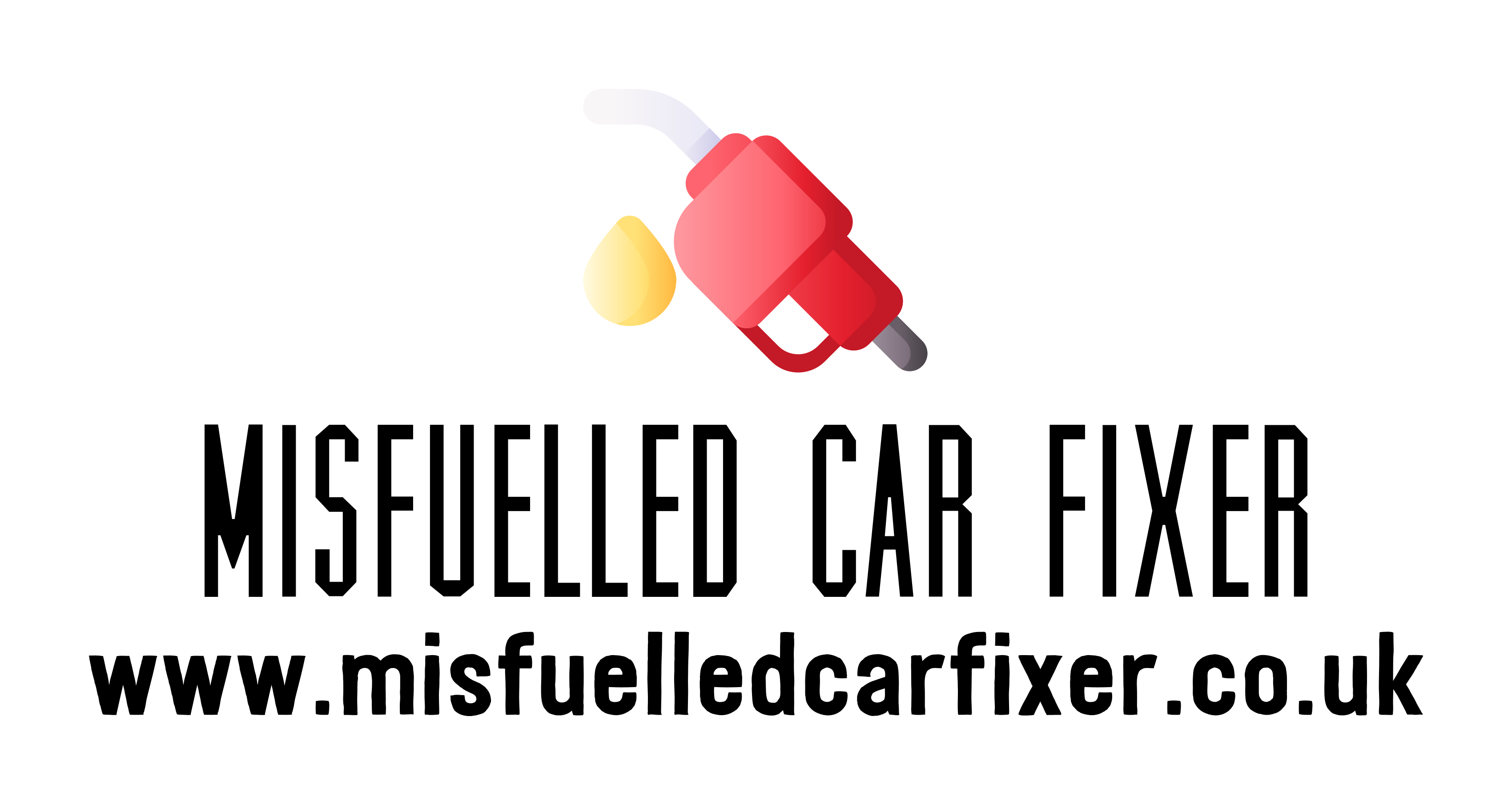Petrol and diesel engines are the two most common types of internal combustion engines used in vehicles today. While they both serve the same purpose – converting fuel into energy to power the vehicle – there are some key differences between the two that make them unique.
One of the main differences between petrol and diesel engines lies in the way they ignite the fuel. Petrol engines use spark plugs to ignite a mixture of fuel and air, whereas diesel engines rely on the heat generated by compressing air in the cylinders to ignite the fuel. This difference in ignition methods leads to differences in performance, fuel efficiency, and emissions between the two types of engines.
Petrol engines are generally known for their smoother and quieter operation compared to diesel engines. They also tend to produce fewer harmful emissions, making them more environmentally friendly. On the other hand, diesel engines are known for their higher torque output, which makes them more suitable for heavy-duty applications like towing and hauling.
Another important difference between petrol and diesel engines is the type of fuel they require. Petrol engines require petrol, which is a lighter and more volatile fuel compared to diesel. Diesel engines, on the other hand, require diesel, which is a heavier and less volatile fuel. Using the wrong type of fuel in an engine can lead to serious problems, including engine damage and even failure.
This brings us to the issue of misfuelling, which occurs when the wrong type of fuel is accidentally pumped into a vehicle’s fuel tank. For example, what happens when you put diesel in a petrol car? When diesel is put into a petrol car, it can cause serious damage to the engine and its components.
Diesel fuel is less volatile than petrol, which means it doesn’t ignite as easily in a petrol engine. This can lead to misfiring, stalling, and other performance issues. In addition, diesel fuel has lubricating properties that can damage the delicate components of a petrol engine, such as the fuel injectors and spark plugs.
If you accidentally put diesel in a petrol car, it is important to address the issue as soon as possible. In most cases, the fuel system will need to be drained and cleaned to prevent further damage. This can be a costly and time-consuming process, so it’s important to be mindful of what type of fuel you are using in your vehicle.
In conclusion, while petrol and diesel engines have some similarities, they also have some key differences that make them unique. Using the wrong type of fuel in an engine can lead to serious damage and costly repairs, so it’s important to always use the correct fuel for your vehicle.
For more information visit:
Home | Misfuelled Car Fix – Wrong fuel specialist
https://www.misfuelledcarfix.co.uk/
0330 122 6640
“Oops! Filled up with the wrong fuel? Don’t panic! Find out how Misfuelled Car Fix can save the day and get you back on the road faster than you can say ‘oops, my bad!’ Visit misfuelledcarfix.co.uk to discover the ultimate solution for misfuelling mishaps.”

